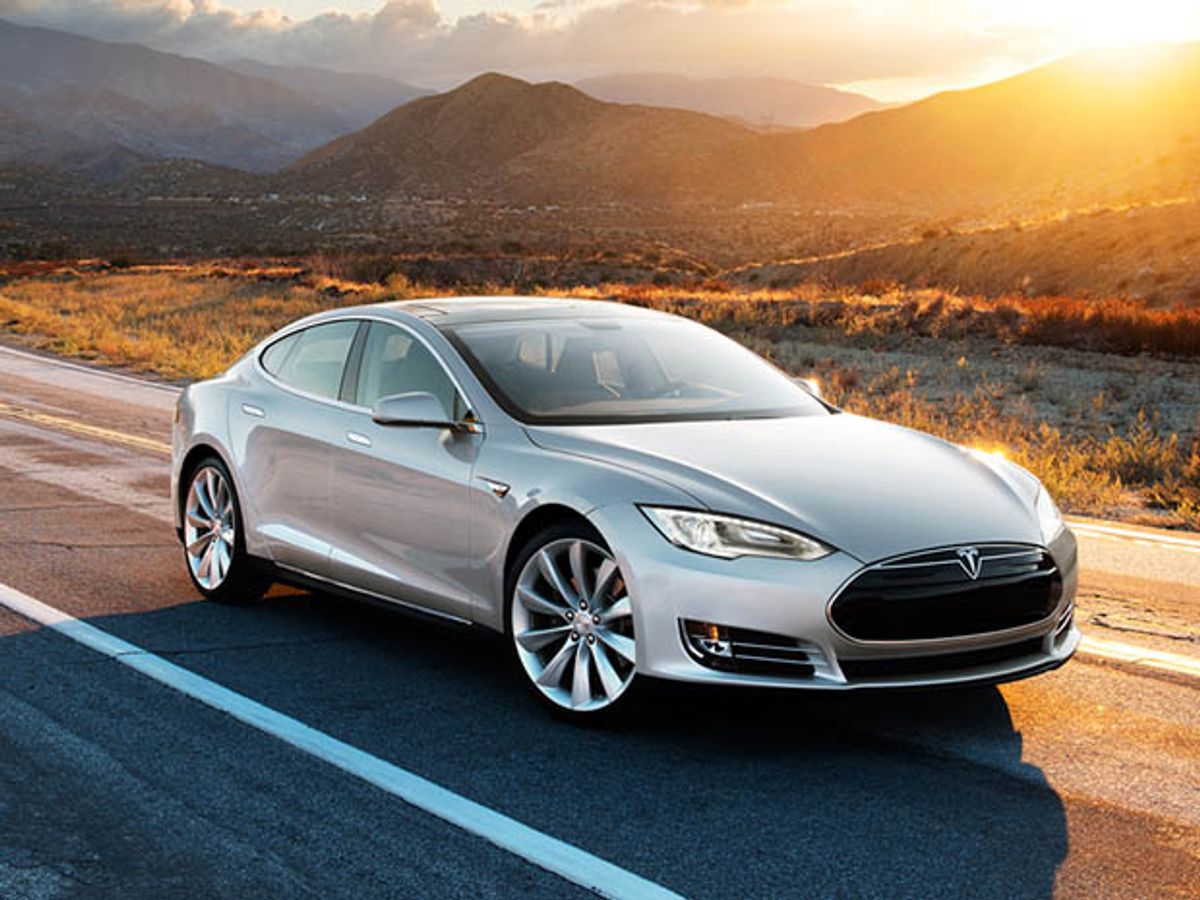In IEEE Spectrum’s July issue, Ozzie Zehner painted a confusing picture of the environmental impact of plug-in electric vehicles, largely citing research that he claimed was either unfavorable or untrustworthy. He ultimately concluded that hopes for electric vehicles were “high-tech illusions” offering neither short- nor long-term environmental benefits.
In 2007, my organization, the Electric Power Research Institute (EPRI), released a joint study [PDF] with the Natural Resources Defense Council that was the first to carefully and comprehensively account for all the fuel-cycle emissions of electricity in cars and to simulate the effects it has on air quality throughout the United States. This work took over two years to complete. In contrast to Zehner’s article, our research—which was widely reviewed, transparently published, and openly discussed—showed that electrifying transportation would significantly reduce greenhouse gases and improve air quality.
We were not alone in our findings. Most studies conducted on the net greenhouse gas emissions of EVs conclude that they are equal to or better than the best available gasoline alternatives in the U.S. These benefits will only increase as the electric grid transitions to cleaner and more efficient generation sources; for example between 2005 and 2012, emissions of carbon dioxide and sulfur dioxide per kilowatt-hour of electricity declined by more than 15 percent and 60 percent, respectively). It is therefore not a coincidence that key agencies like the Department of Energy and the California Air Resources Board have made EVs a major part of their efforts to reduce dependence on petroleum and the emissions of greenhouse gases and ground-level air pollutants.
Moving past the issues of environmental benefits and impacts, it is appropriate to ask about the ultimate potential of electric vehicle technology. Will vehicle costs decline? Will consumers and fleets adopt electric vehicles in meaningful numbers? How are these and other challenges being addressed?
Though today’s plug-in vehicles are priced higher than gasoline and hybrid equivalents, they are relatively competitive in terms of the total cost of ownership, which includes fueling and maintaining the vehicle. A recent EPRI study showed that for most drivers, the Nissan Leaf was several thousand dollars less expensive to own than comparable gasoline and hybrid cars. However, for electric vehicles to progress in an unsubsidized market, purchase costs must—and should—decrease in the future. A study released this year by the National Research Council projected that the unsubsidized cost of electric vehicles will eventually fall below that of a gasoline car. This trend will be partly driven by expected advances in lithium-ion batteries, whose weight and cost are expected to be cut in half by 2025. Given that the per-mile cost of electricity is about $0.04—typically one-third to one-fourth the cost of gasoline—electric vehicles are poised to have a significant long-term economic advantage.
We can agree on one point—electric vehicles can help to clean the air and wean us of petroleum only when we have a lot of them. The first Toyota Prius did not significantly reduce the environmental footprint of the automobile—however now over 3.5 million have been sold, enough to entrench hybrid technology into the automotive mainstream. People buy cars for many different reasons, and the public’s awareness of electric vehicles must increase. There’s room for improvement on this matter even in California, a longtime hotbed of EV activism and home to Tesla Motors, engaged electric utilities, and more than its share of Priuses. The installation of charging infrastructure at homes, workplaces, and public parking areas must continue in a manner that both serves the EV drivers but does so intelligently and cost-effectively.
It is very hard to move to new sources of energy. The United States has searched unsuccessfully for decades for a way to make its transportation sector less dependent on petroleum. Plug-in electric vehicles have a long way to go, but the journey is well worth trying.
About the Author
Mark Duvall is a Director at the Electric Power Research Institute.



